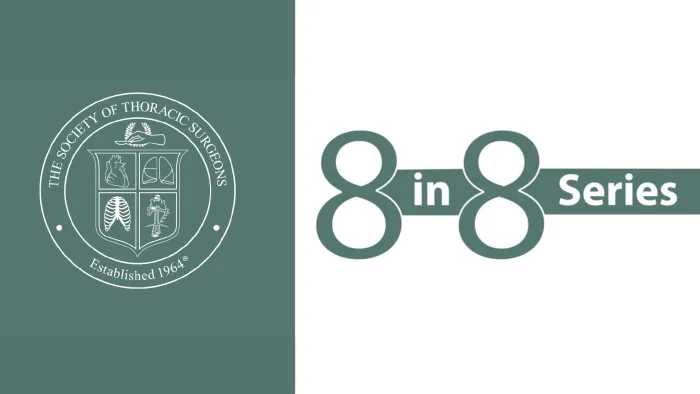In this 8 in 8 video, presenters give an overview of perioperative antibiotics in cardiothoracic surgery; including topics such as preoperative antibiotic selection and duration, when to cover pseudomonas, and the data on antibiotics in special situations such as chest tubes, ECMO, and delayed sternal closure after OR.
Presenters:
Lea M. Monday, MD, PharmD
Wayne State University School of Medicine
Division of Infectious Diseases
Sorabh Dhar, MD
Wayne State University School of Medicine
Division of Infectious Diseases
